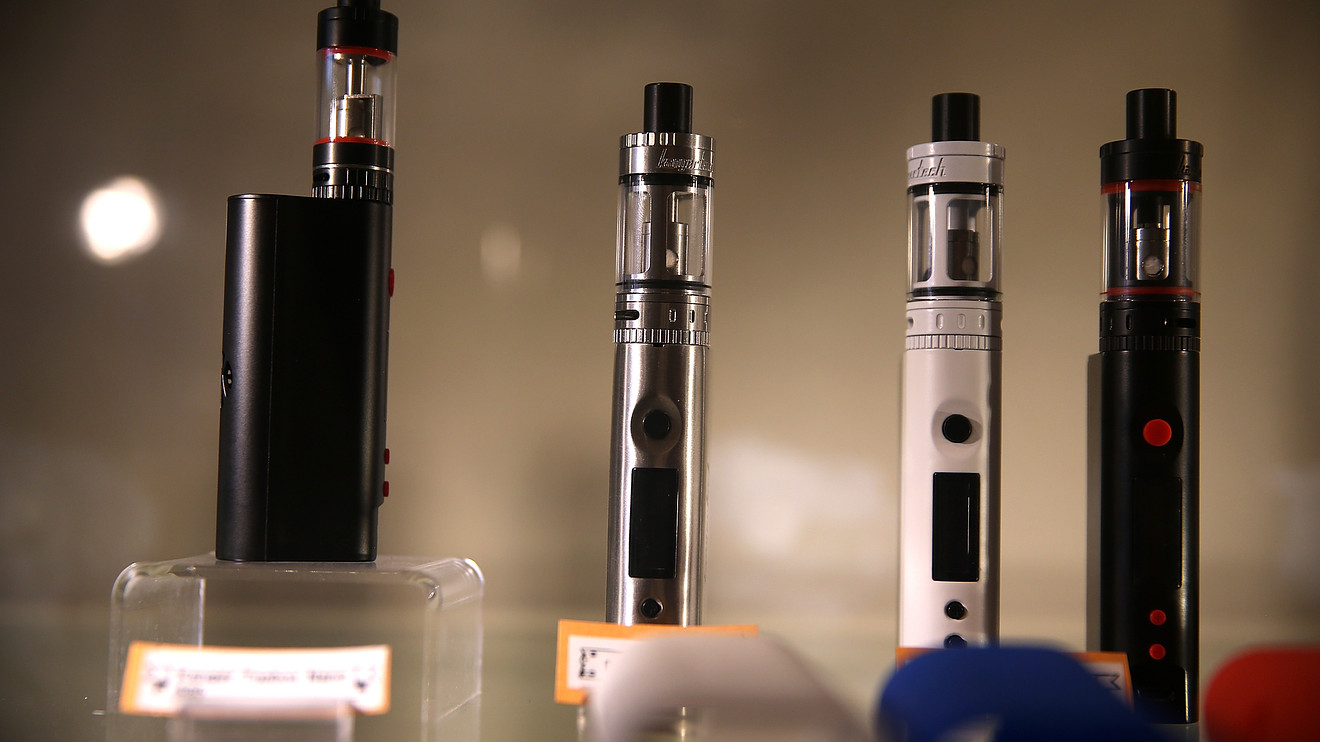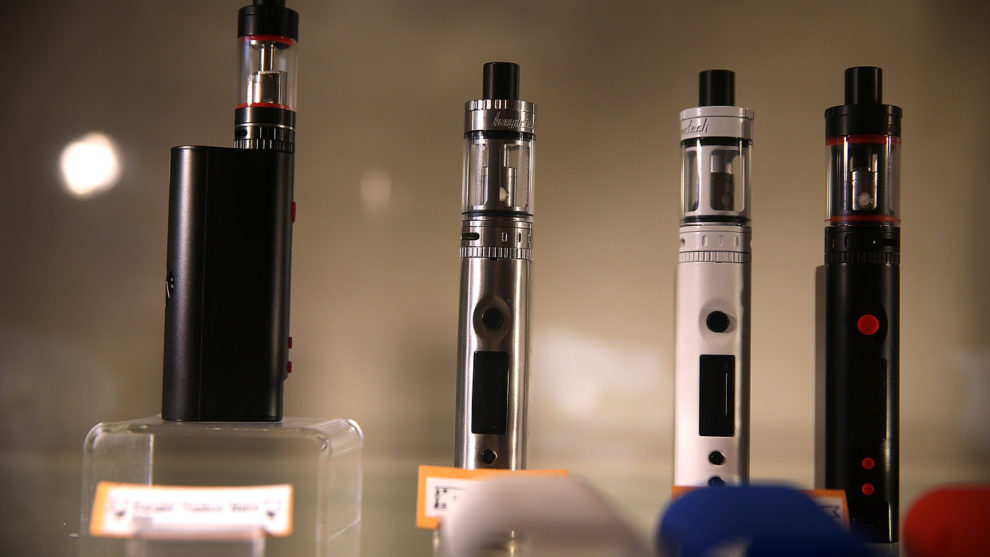
Another person has died from complications related to the vaping-related lung illness reported across the country in recent weeks, California health officials said this week, marking the seventh such death in the nation — and the second in that state.
The unnamed individual’s death is “suspected to be related to severe pulmonary injury associated with vaping,” said Karen Haught, the public-health officer of Tulare County, which is south of Fresno.
California’s first known vaping-related death was reported in Los Angeles County; five other deaths have also been reported in Illinois, Indiana, Kansas, Minnesota and Oregon, respectively. At least 380 cases of the lung illness had been reported in 36 states and the U.S. Virgin Islands as of last Wednesday, according to the Centers for Disease Control and Prevention.
The CDC said Monday it had activated its Emergency Operations Center, which gathers experts to monitor and respond to public-health events, to “enhance operations and provide additional support to CDC staff” and boost inter-agency response to the lung-injury probe. The agency said it was working alongside the Food and Drug Administration to gather patient information and test substances.
Meanwhile, California Gov. Gavin Newsom, a Democrat, signed an executive order Monday to ramp up enforcement on counterfeit and illegal vaping products and allocate $20 million for a public-awareness campaign about vaping-related health risks. “With mysterious lung illnesses and deaths on the rise, we have to educate our kids and do everything we can to tackle this crisis,” Newsom said in a statement.
Individuals who have reported experiencing the lung illness all have a history of using e-cigarettes or vaping products, and most have used e-cigarette products that contain THC, the psychoactive ingredient in marijuana, according to the CDC.
Health officials haven’t yet identified a specific cause, product or substance that unite these cases, but have advised refraining from vaping or using e-cigarettes until more information becomes known. The CDC has also urged people not to modify vaping products or buy them off the street.
President Trump’s administration last week announced that it planned to remove flavored e-cigarettes from the market. San Francisco banned e-cigarette sales in June, becoming the first major U.S. city to do so, while Michigan signaled this month that it would become the first state to ban flavored e-cigarettes. New York Gov. Andrew Cuomo also said over the weekend he would move to ban flavored e-cigarette sales.
“We strongly agree with the need for aggressive category-wide action on flavored products,” Juul Labs, which commands about three-quarters of the e-cigarette market, said in response to the Trump administration’s announcement. “We will fully comply with the final FDA policy when effective.”
Much of the current conversation has centered around youth vaping amid heightened scrutiny of Juul. Just 1.5% of high-school students used e-cigarettes in 2011, compared to 20.8% in 2018, according to the CDC; use among middle schoolers rose from 0.6% to 4.9% over the same period. The soaring use among minors is likely due to “the recent popularity of e-cigarettes shaped like a USB flash drive, such as JUUL,” the CDC has suggested.
And the habit doesn’t come cheap. Dave Dobbins, the chief operating officer of the anti-tobacco nonprofit Truth Initiative, told MarketWatch in July that his organization had heard from kids who reported spending $50 a month — or even hundreds of dollars monthly — on Juul pods. Teens often buy the product, whose 5% nicotine pods sell for $15.99 per four-pack, at inflated resale rates to circumvent the 21-or-older age requirement for online sales.
An increasing number of lawsuits have taken aim at Juul. Most recently, a class-action suit filed in Massachusetts federal court alleged that the company had targeted minors in its marketing and “knowingly and intentionally misrepresented, failed to disclose, concealed and suppressed material facts” related to the product’s health risks.
Juul did not immediately return a request for comment on the new lawsuit and the most recent vaping-related deaths.
Spokesman Ted Kwong previously told MarketWatch that reports of the lung illness reaffirmed “the need to keep all tobacco and nicotine products out of the hands of youth through significant regulation on access and enforcement.” “We also must ensure illegal products, such as counterfeit, copycat, and those that deliver controlled substances, stay out of the market,” he added.










